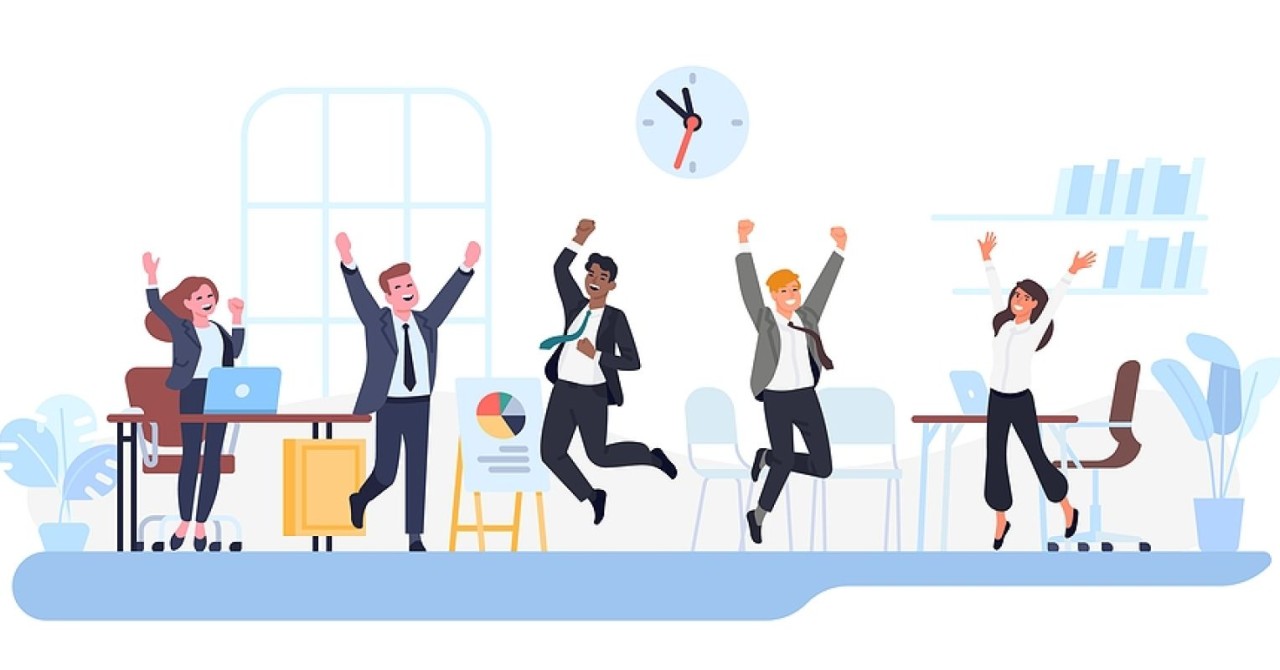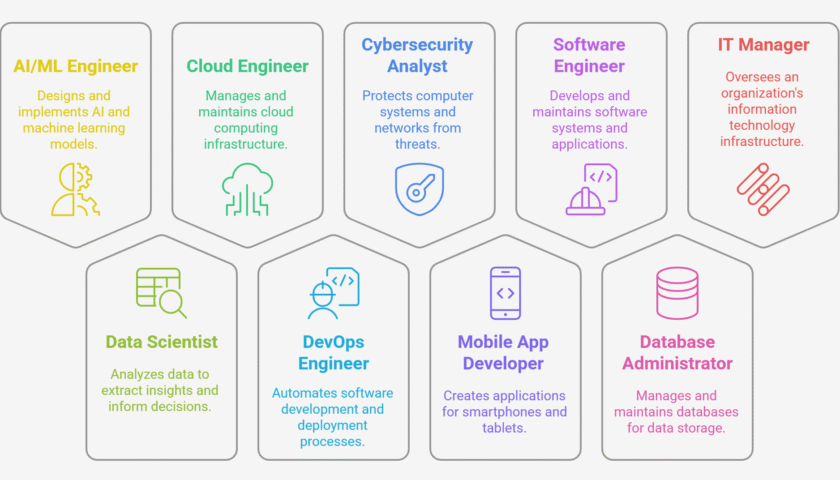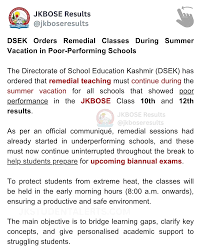Nail Your Next Interview: Pro Tips for Landing Your Dream Job
By: Javid Amin
Congratulations! You’ve landed a job interview for your dream position. Now comes the crucial step: making a stellar impression and securing the offer. This comprehensive guide equips you with 10 proven techniques to help you navigate the interview process with confidence and leave a lasting impact.
Delving Deep: Research is Your Superpower
Before stepping into the interview room, become an expert on the company and the specific role. Start by thoroughly exploring their website. Immerse yourself in their mission statement, core values, and recent projects. This deep dive allows you to understand their goals and how your skills can contribute to their success.
Next, venture into the company’s social media presence. Check their LinkedIn profile, Twitter feed, and Facebook page. This provides valuable insights into their company culture, recent news, and employee engagement.
Finally, take advantage of the power of online news articles. Search for relevant publications that feature the company, its leaders, or its industry. This broader perspective helps you tailor your interview conversation and demonstrate a genuine interest beyond just the job description.
Mastering the Game: Practicing Common Interview Questions
Interviews often follow predictable patterns, with common questions like “Tell me about yourself” or “Why do you want this job?” popping up frequently. But don’t be fooled by their familiarity! Preparing thoughtful answers beforehand empowers you to deliver clear, concise, and impactful responses.
Here’s a pro tip: Don’t just memorize generic answers. Instead, practice delivering them out loud. This allows you to refine your delivery, ensuring your responses flow naturally and showcase your strengths with confidence. Consider recording yourself or arranging a mock interview with a friend or family member. With each practice session, you’ll gain fluency and polish, leaving a lasting impression on the interviewer.
Dress for Success: Projecting Confidence from Head to Toe
It’s a fact: first impressions matter. Even in a casual company culture, dressing professionally demonstrates respect and sends a powerful message about your work ethic. Opt for attire that reflects your personal style while adhering to professional standards. Crisp lines, clean clothes, and a polished look radiate confidence and send a clear signal that you’re serious about the opportunity.
The Art of Punctuality: Arriving Early Makes a Statement
Being on time is not just a courtesy; it reflects your respect for the interviewer’s time and your time management skills. Aim to arrive 10-15 minutes early. This allows you to settle in, gather your thoughts, and project a calm and collected demeanor. Arriving early demonstrates your eagerness and organizational skills, qualities highly valued by employers.
Beyond Words: Harnessing the Power of Body Language
Your body language speaks volumes before you even utter a word. Maintain good posture throughout the interview, showcasing attentiveness and confidence. Make eye contact with the interviewer, demonstrating your genuine interest in the conversation. Offer a firm handshake – not too weak, not too forceful – to leave a positive first impression. Avoid fidgeting, slouching, or looking away, as this may convey boredom or nervousness.
Focus on Achievements, Not Just Responsibilities
When discussing your past experiences, don’t simply list your job duties. Instead, shift the focus to your accomplishments and the results you achieved. Utilize the STAR method (Situation, Task, Action, and Result) to showcase your problem-solving skills and ability to deliver impactful results.
Here’s an example:
Instead of saying, “I was responsible for managing social media campaigns,” try this:
“In my previous role, I spearheaded social media campaigns that resulted in a 20% increase in customer engagement and a 15% boost in website traffic. Here’s how I achieved this…”
By quantifying your achievements, you provide tangible evidence of your value and effectiveness.
Asking Insightful Questions: Demonstrating Curiosity and Initiative
Don’t underestimate the power of well-considered questions. Prepare some thoughtful inquiries about the specific role, the team dynamic, or the company culture. This demonstrates your genuine interest in the opportunity and your initiative in learning more about the work environment. Here are some examples:
- “What are the biggest challenges facing the team currently?”
- “What are the typical career paths for someone in this role?”
- “How does the company foster a culture of innovation and collaboration?”
Shrewd questions showcase your proactive nature and your desire to be a valuable asset to the team.
Be Your Best Self: Projecting Enthusiasm and Confidence
Enthusiasm is contagious! Throughout the interview, radiate your passion for the opportunity and your skillset. Speak clearly and articulately, conveying your value to the company and your desire to contribute to their success.
Confidence is equally important. Believe in your abilities and the value you bring to the table. This self-belief allows you to confidently articulate your skills and experience, radiate enthusiasm for the opportunity, and ultimately convince the interviewer that you’re the perfect fit for the role.
Following Up: The Power of Gratitude
The interview may be over, but your work isn’t done yet. Within 24 hours, send a thank-you email to the interviewer(s). This email serves multiple purposes:
- Expresses Gratitude: Thank them for their time and consideration.
- Reiterates Interest: Briefly restate your enthusiasm for the position and the company.
- Highlights Key Points: Subtly remind them of what makes you a perfect fit by mentioning key points discussed during the interview.
Here’s a sample thank-you email template:
Subject: Thank You – [Your Name] – [Job Title] Interview
Dear [Interviewer Name],
Thank you for taking the time to interview me today for the [Job Title] position at [Company Name]. I thoroughly enjoyed learning more about the role and the company’s exciting work in [mention specific area of interest].
Our conversation about [mention a specific topic discussed] further solidified my interest in the position and my belief that my skills and experience in [mention relevant skills] would be a valuable asset to your team.
I am particularly interested in [mention something specific about the role or company] and believe my [mention relevant skill] would be instrumental in [mention how you can contribute].
Thank you again for your time and consideration. I look forward to hearing from you soon.
Sincerely,
[Your Name]
Practice Makes Perfect: Sharpening Your Interview Skills
Don’t underestimate the power of practice! The more you rehearse, the more comfortable and confident you’ll be in the interview room. Here are some effective ways to hone your interview skills:
- Record Yourself: Record yourself answering common interview questions or practicing your “elevator pitch” (a concise summary of your skills and experience). Review the recording and identify areas for improvement.
- Mock Interviews: Arrange mock interviews with friends, family, or career counselors. Simulate a real interview setting to practice your responses and receive valuable feedback.
- Online Resources: Utilize online resources like interview simulations or question banks. These tools provide an interactive platform to sharpen your responses and build interview confidence.
By consistently practicing your interview skills, you’ll be able to answer questions thoughtfully, showcase your strengths effectively, and leave a lasting impression on the interviewer.
Beyond the Basics: Advanced Interview Techniques
This guide has equipped you with a solid foundation for interview success. To elevate your game further, consider these advanced techniques:
- Research the Interviewer: If possible, try to learn more about the interviewer beforehand. This could involve checking their LinkedIn profile or searching for articles they’ve written.
- Tailor Your Answers: Don’t deliver generic responses. Instead, tailor your answers to the specific job description and the company’s needs.
- Prepare Questions About the Company Culture: Asking insightful questions about the company culture demonstrates your interest in fitting in well with the team.
- Anticipate Difficult Questions: Be prepared for challenging questions like “Tell me about a time you failed” or “What is your salary expectation?”. Formulate thoughtful and honest responses beforehand.
- Negotiate the Offer: If you receive a job offer, don’t be afraid to negotiate your salary or benefits package. Do your research beforehand to understand market rates for the position and your desired compensation.
Conclusion: Confidence and Preparation Lead to Success
By diligently following these techniques and embracing a confident and prepared mindset, you’ll transform yourself into a formidable interview candidate. Remember, interviews are a two-way street. While the company is evaluating you, you’re also assessing them to ensure they’re a good fit for your career goals. With thorough research, compelling communication, and a positive attitude, you’ll be well on your way to landing your dream job.
Bonus Tips:
- Bring a Portfolio or Resume Copies: Having a portfolio or extra copies of your resume demonstrates preparedness and allows the interviewer to easily reference your qualifications.
- Turn Off Your Phone: During the interview, silence your phone and avoid distractions. This conveys professionalism and respect for the interviewer’s time.
- Follow Up After the Interview (if Not Hired): If you’re not offered the position, consider sending a polite follow-up email expressing your continued interest in the company and inquiring about any future opportunities.
This comprehensive guide empowers you to navigate the interview process with confidence and leave a lasting impression. Remember, a successful interview is a conversation, not an interrogation. By embracing these tips and showcasing your unique talents, you’ll be well on your way to securing your dream job.






